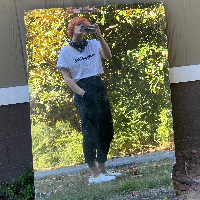The Noose Of Thought - A Short Exploration Of Mental Illness And Addiction
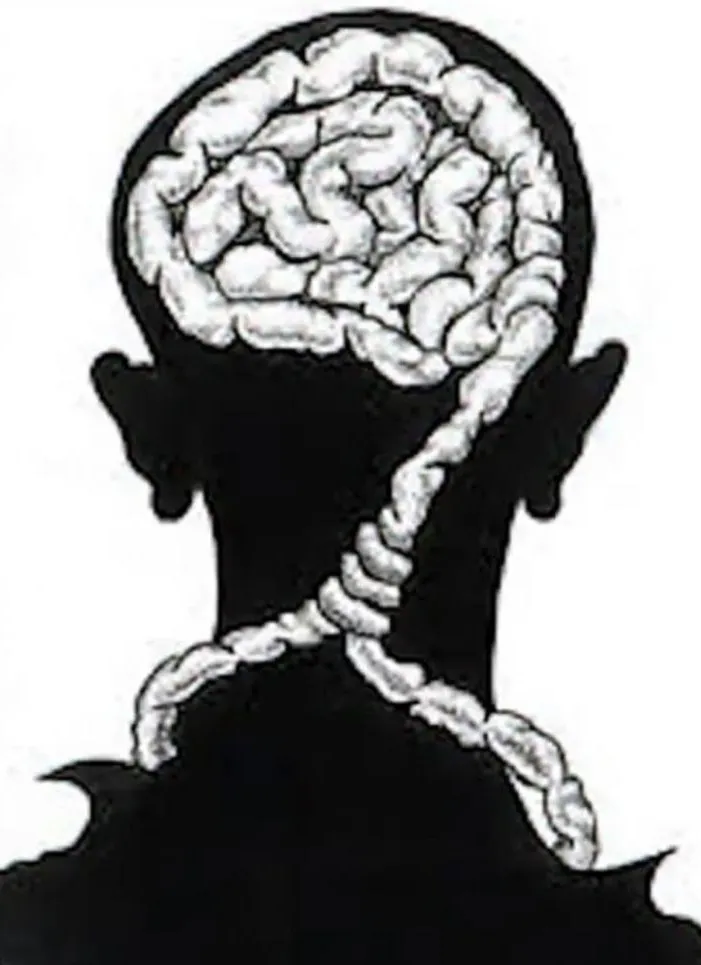
As far as human conditions are concerned, addiction and mental health disorders are nothing new. However, understanding these afflictions and ourselves is less than perfect science. Take a look into our history and these themes are seen repeatedly. Snippets revealed in arts, societies, and sciences alike. It may be ugly but look closely, what we know now certainly isn't what it used to be.
We’ve come a long way from exorcising schizophrenics, eating happy paints, and letting women die of broken hearts and black drapes. Our minds are intricate things and even now some of our most intimate workings remain mysteries. The good news is they're ready to learn. We know mental health refers to a person's psychological and emotional well-being and mental illness attacks this health.
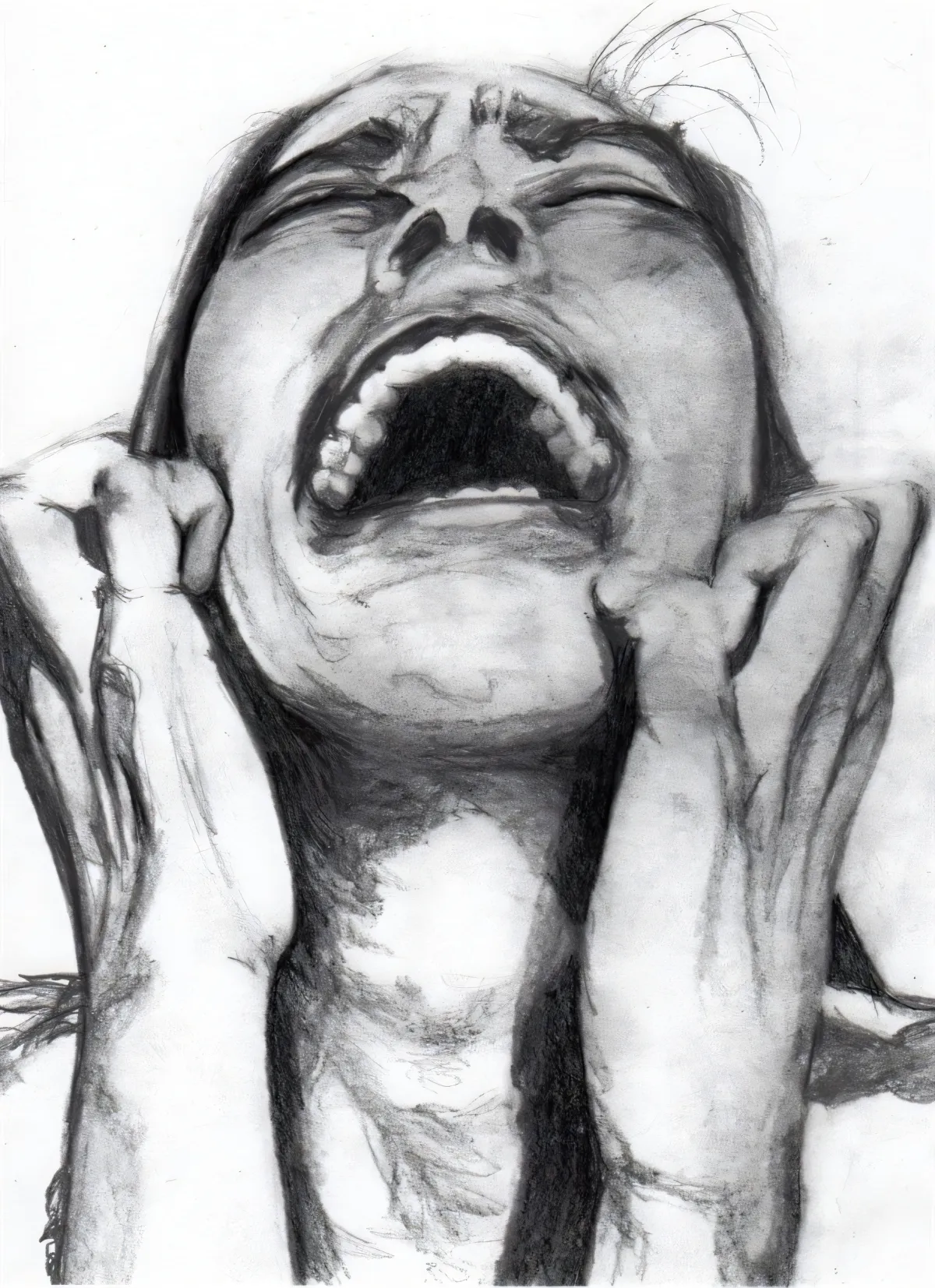
We know addiction and substance abuse disorders (SAD) are characterized by consistent compulsion to consume a substance, commit an act, or chase a feeling regardless of the consequence(s). We’re learning how these relate. Untreated, each has the power to swallow success, alginate victims, and end lives. When they occur together the danger only multiplies, a bleak reality faced by many. Out of every 5 Americans, 1 will have a diagnosable mental illness, of these cases at least 1 out of 4 will face addiction as well.
With the ever-widening scope of technology, modern media culture is allowed to boom. With new ways to create and communicate ideas more available than ever a couple of things happen; for some, it is a new opportunity to connect and relate to others, maybe for the first time, but while it's been said that there's no bad publicity, it can't all be good.
This surge of expression and consumption of expression meets a barrage of different opinions, interpretations, and intentions. The mentally ill have been used in entertainment for Melania, originally appearing in comedies, dramas, and horrors. These roles continue and are consumed as neurotypical society develops prejudice and eventually criminalization.
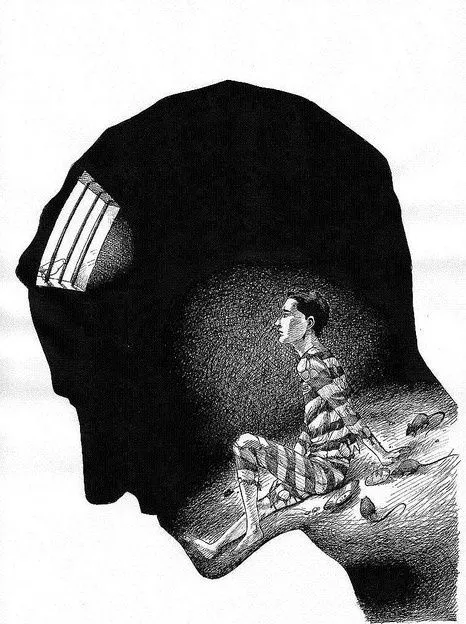
At the same time, dangerous lifestyles are able to become glorified and almost normalized. These types of messages may inspire isolation and recklessness, in the young (especially those with disorders that could appear later in life) and anybody with poor mental health history while quietly creating a dialogue of subpar humanity.
Mental disorders come in all shapes and sizes and may manifest in a number of ways. Someone who suffers from depression may feel sad, worthless, disinterested, drained, have trouble sleeping, sleep too much, experience weight change, or think of death and suicide.
Anxiety and panic disorders inflict unwarranted and uncontrolled dread that can trigger adrenal responses such as increased heart rate, chest pains, difficulty breathing, dizziness, and later exhaustion. A person with schizophrenia might be subject to auditory or visual hallucinations, feelings that they are not in control, difficulty communicating feelings and emotions, or trouble with attention, memory, and organization.
Borderline personality disorder fuels habitually unbalanced emotions like a fear of abandonment, emptiness, and anger, often leading to chaotic outbursts that affect relationships and other aspects of life. Patterns of manipulation, disregard for oneself and others, lawbreaking, and moral indifference are expressed in those with an antisocial personality disorder. Bipolar drags a person through soaring highs (mania) followed by sinking lows and can cause intense mood swings and impulsive behavior.
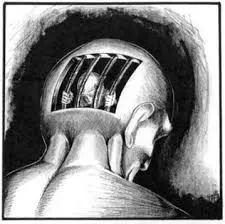
Attention deficit hyperactivity disorder (ADHD) can be seen in high levels of impulse action and can cause memory loss, lack of focus, and hard times sitting still. The list goes on. There's no limit of possible plagues that may be met in the human mind, each one of a kind. Modern medicine and therapeutic methods have only begun to uncover explanations, diagnoses, and treatments shrouding these silent killers.
Some are inherited, passed down in a chemical roulette. Some appear early in life, others much later. Some are triggered by trauma or poor physical state. Some seek and accept help when others do not. Patients could spend years and thousands of dollars searching for diagnostics and treatment plans that may be subject to change. Others may never have the opportunity or resources due to social or economic restrictions. The result? A population of people who are isolated, hurting, and running out of hope.
Addiction itself is an illness with many faces: Food, caffeine, nicotine, alcohol intercourse, narcotics, amphetamines, opiates, and hundreds of more potentially habit-forming intrigues available to us on either side of the law, Some more devastating than others. Like most things, it starts innocently. It could be a prescription or a seemingly simple social affair.
Chemical reactions happen within the brain, stimulating reward centers and inducing euphoria Eventually the brain becomes dependent on these reactions to trigger rewards and will require them more often and in higher amounts. As addiction takes hold behaviors may change. The victim is liable to become less interested in obligations, friends, hobbies, safety, or reason. they may have unexplained weight change, mood swings, financial stress, and outings.
They may make one-track decisions to lie, fight, steal, or break the law. Continued substance abuse is likely to leave relationships tattered, bodies torn, and freedoms are taken, if not worse. from the sidelines, it seems very strange and the question is always the same: why? There's not just one answer. Some people are genetically vulnerable, some overly prescribed, some got caught up with the wrong crowd, some never knew anything else, some are trying to escape, while some are searching for something, and others stopped seeing the point.
In the 70s American psychologist, Dr. Bruce Alexander sought to crack the code of addiction using mice. A single-subject was placed in a cage with two water bottles, one being spiked with heroin or cocaine. They overdosed every time. These rats had nothing to do and nobody to see and overdosed every time. Maybe it's not the rats. Thus came rat parks, everything a rat could want, food and toys and places to go and company and sex. They've got it all in rat parks and they've got two water bottles.
In the rat parks, they barely touch the drugs only some of them use it and they aren't ever overdoing it. none of them die. So that's the answer, right? Connection and community. That should be easy, we are neither rats nor caged, we won't even need a park.
The thing about rats is they never make the cage. That is to say, once we're involved things get more complicated.
More often than not those of us most desperate for connection are the furthest from it. Health emergencies are frequently met with disdain, fear, ignorance, indifference, protest, or even punishment. Too many falls and are kicked again and again. Pinned to the ground by greed and doubt. Some of us never get up again. Our parks are attacked from within.
Healing can only happen when one wants to understand as much as they want to be understood. Stigmas and glorifications for these conditions simply prolong collective suffering. When we address mental illness we address addiction and when address addiction we address mental illness. The more we do so the more we can learn how to strengthen ourselves and our communities against these vicious enemies.
Works Referenced
https://www.drugabuse.gov/publications/research-reports/common-comorbidities-substance-use-disorders/part-1-connection-between-substance-use-disorders-mental-illness
https://blogs.scientificamerican.com/brainwaves/a-brief-history-of-mental-illness-in-art-3/
https://www.psychiatrictimes.com/view/what-does-rat-park-teach-us-about-addiction
https://www.mentalhealth.gov/what-to-look-for/mental-health-substance-use-disorders
http://satsangati.blogspot.com/2018/06/noose-of-thought.html
For Theo
2/24/99-8/20/20
Opinions and Perspectives
The article could have explored gender differences in mental health and addiction.
Their point about modern medicine just beginning to understand these issues is sobering.
The financial aspect of treatment needs more attention. It's a huge barrier.
Really appreciated the section about different manifestations of mental illness.
The historical perspective really shows how far we've come in understanding these issues.
The article's tone was compassionate without being condescending. That's rare in pieces about mental health.
I'm glad they included the bit about inherited conditions. Too often people blame parents.
Good point about social restrictions affecting access to treatment. That's a huge issue in rural areas.
The comparison between rats and humans was thought-provoking but maybe oversimplified.
Anyone else notice they didn't really address the role of trauma in addiction?
I found myself nodding along with the section about treatment costs. It's a huge barrier.
The part about chemical dependence was well explained. Helps people understand it's not just about choice.
Interesting how they mentioned ADHD alongside more severe conditions. Often gets overlooked as a serious disorder.
I work in healthcare and see this combination of issues daily. The statistics mentioned are actually conservative.
The article makes a good point about the dangers of glorifying certain lifestyles in media.
Never realized how closely mental illness and addiction were linked before reading this.
Powerful ending about healing requiring mutual understanding. We need more of that approach.
The connection to rat park is interesting but I think it oversimplifies human addiction.
I appreciate how the article addresses both sides of technology's impact on mental health awareness.
Reading about the different manifestations of depression really opened my eyes. It's not just about feeling sad.
The genetic component of addiction isn't discussed enough. It's not just about willpower or choices.
I'm concerned about the cost of treatment mentioned. Many people simply can't afford proper mental health care.
Anyone else find it interesting how they compared human isolation to the rat experiments? Makes you think about our society.
The description of various mental disorders was helpful, but I wish they'd included more about treatment options.
That's true about progress, but I worry we're still criminalizing mental illness in many ways, just more subtly now.
The historical context really puts things in perspective. We've made progress from exorcisms, but we still have so far to go.
I disagree with the article's take on social media. Sometimes it's the only way people with mental illness can find others who understand what they're going through.
The part about modern media culture's impact on mental health perception is spot on. We've created this weird mix of stigma and glorification.
What struck me most was the statistic about 1 in 5 Americans having a diagnosable mental illness. That's way higher than I expected.
I found the rat park experiment fascinating. Really shows how environment and social connections play such a huge role in addiction.
This article really hits home. The connection between mental illness and addiction is something I've witnessed firsthand in my family.
